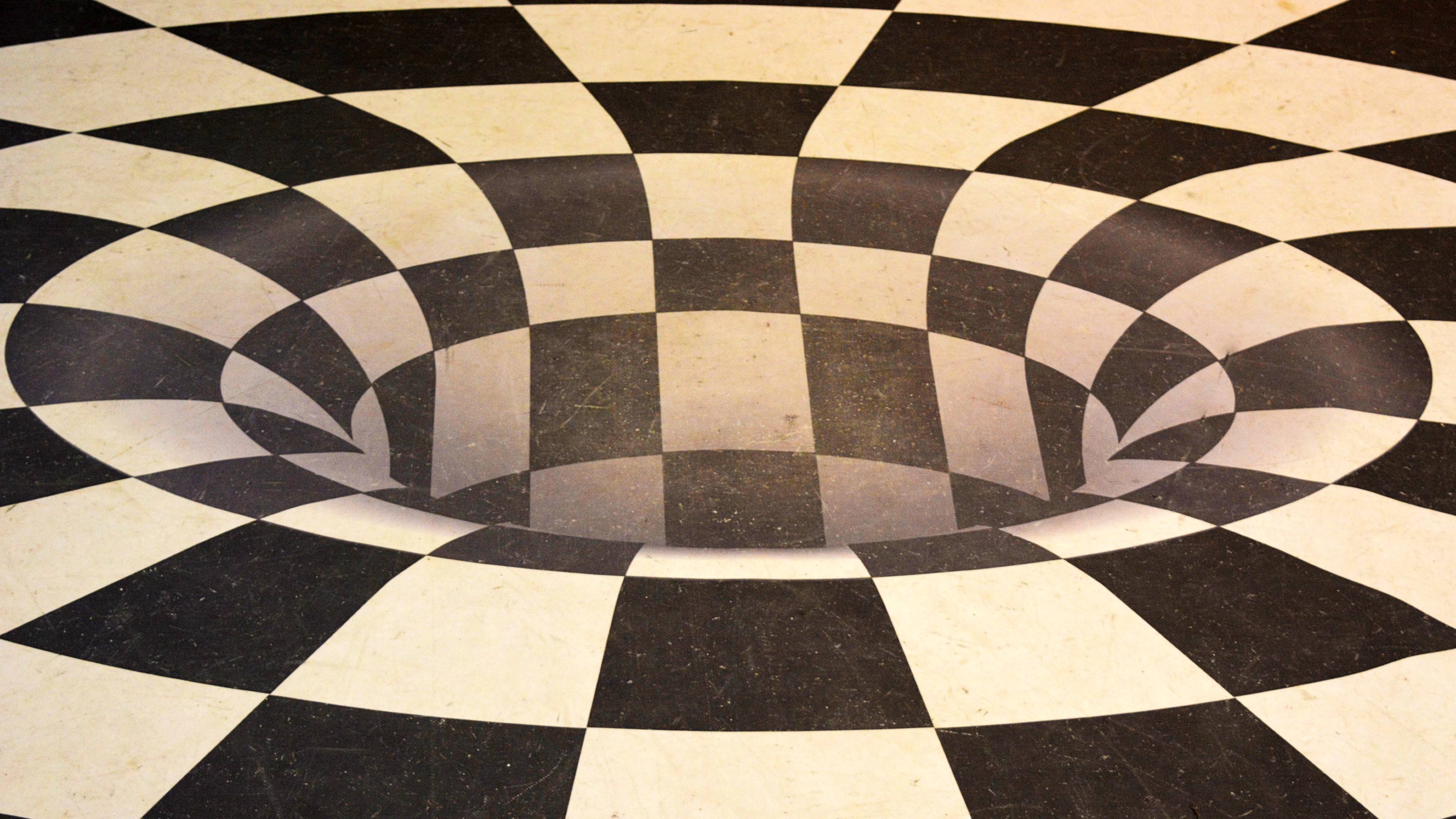Judge Posner believes that as a social good, privacy is overrated because it means people are able to conceal things.
Question: Will there be a notion of privacy in the future?Richard Posner: No. I value my privacy as much as anyone. But I think as a social good, a social aspect, I think privacy is greatly overrated because privacy basically means concealment. People conceal things in order to fool other people about them. They want to appear healthier than they are, smarter, more honest and so forth. I mean I’m exaggerating some, but I think it’s very much a double-edged sword, from a social standpoint. That’s number one.
Number two, privacy is not one of those things that’s deeply ingrained in human nature. I think it’s very culturally specific. Obviously early man, early people had no privacy. They couldn’t afford it. It’s what economists call a superior good. The demand for it rises as people become wealthier because it has this instrumental value. You do want to control information about yourself. That will enable you to make advantageous transactions personally, professionally, and commercially with other people. But so as I said I don’t think it’s deeply ingrained in us. I think it’s culturally specific. And probably because it isn’t deeply ingrained, it turns out that people obviously, as I say, attach some value to privacy because it is nice to be able to conceal the bad things about yourself. But they don’t attach a lot of value to it, and that’s indicated by the behavior, the way we surrender our privacy for really small gains.
Like if you deal online, you reveal enormous information to the vendors. And then they exchange it among themselves. If the government wants it from them, they can get it easily. So with one click purchasing from Amazon, what that means is that you give Amazon all the information about your reading habits, and then they create a profile of you. So they just wanna sell you books. They’re not snooping; but they use this information to create a profile. So they’re basically creating a political or cultural profile of you. People turn out to be willing to surrender privacy for quite modest gains, like the convenience of one-click ordering.
Also, for example, medical records are increasingly being digitized. Well once they’re digitized, once something is digitized, it’s out there. Your privacy is lost. I’m not sure everybody realizes this, but digitized materials tend to serve, tend to be in sort of multiple copies on different servers and so forth.
But on the other hand, it’s a great convenience to have your medical records digitized. That's the inexorable trend – all your medical information, it won’t be completely public, but it will be accessible in a way that handwritten doctors’ notes are . . . are not.
And similarly with EZ Pass, your movements are recorded permanently.
And now Chicago, probably in New York – I know in the Wall Street area – and of course London most famously, are installing surveillance cameras in the lampposts basically. So people’s movements are traceable and they’re being observed.
And employees use their computers at work for all sorts of personal stuff. But that’s monitored by employers, or can be monitored by employers. They have no legally protected interest there.
So there’s some moves to create new privacy rights, but it’s overwhelmed by the convenience of surrendering your privacy. As I say, the fact that people surrender it for rather small gains is a sign they don’t really, or most people don’t really value it that much. Probably because it’s very much a relative kind of good. If everybody else is concealing a lot of information about themself, then you’d be kind of a fool to have it all hanging out, right? But as more and more people become transparent, that becomes kind of a social norm which you tend to conform to because people are very imitative of each other.
And then of course privacy can be very dangerous. Obviously if you’re a terrorist, privacy is enormously important. So the more we think of privacy as endangering us, that will reinforce these commercial incentives to surrender privacy.
But as I say, we lived for millennia with very low privacy. And you know people seemed to be able to cope with that quite well. So I wouldn’t regard it as a particular _______.
Recorded on: Nov 21, 2007.





